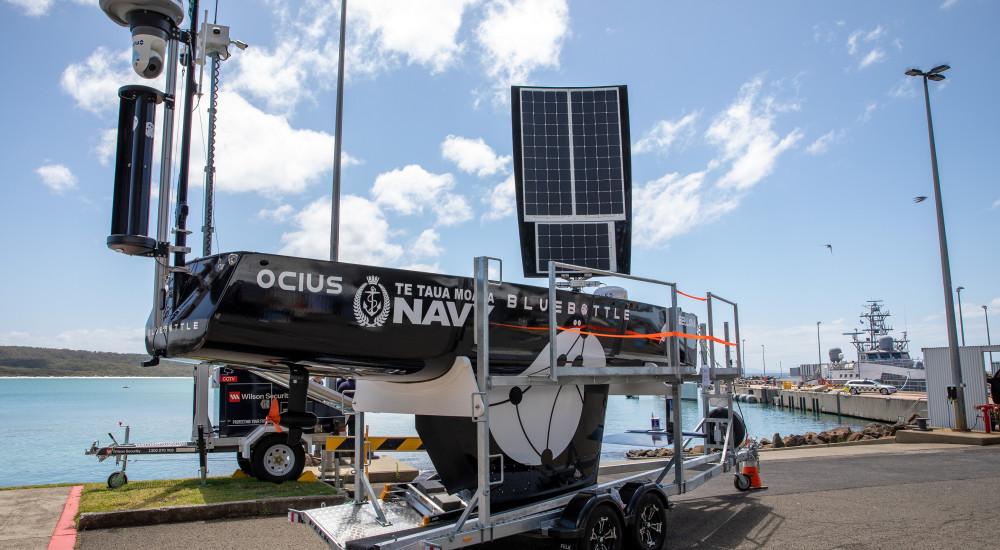A week after Beijing launched an ICBM test aimed at the Pacific—the first time it had done so in 30 years—defence ministers from across the Pacific met for their ninth annual gathering.
Overshadowing other concerns at the South Pacific Defence Ministers’ Meeting (SPDMM) was an evolving security landscape marked by increasing aggression from Beijing.





